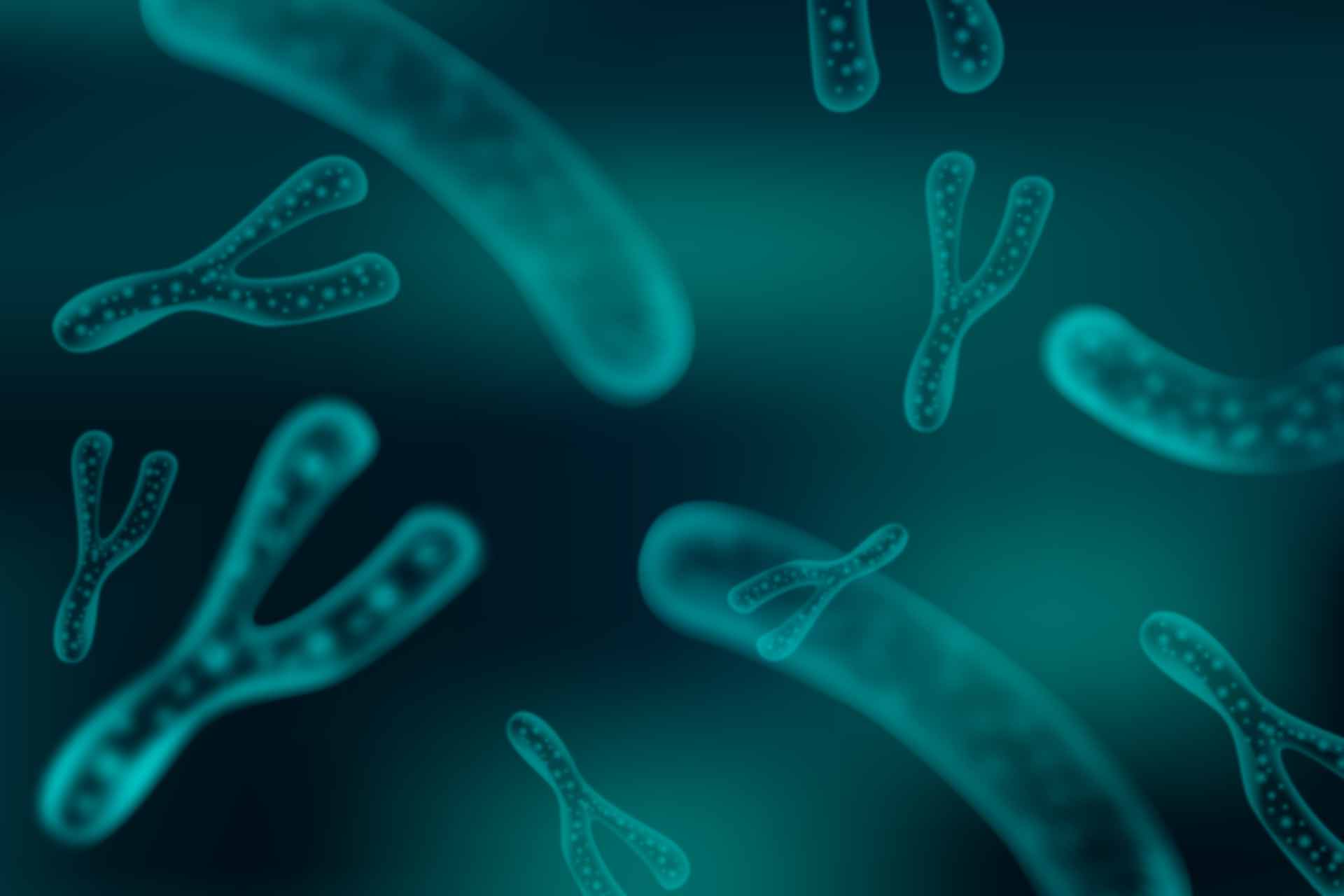Scientists have known that diet can influence the levels of specific gut microbes, but how human genes affect microbiota composition is unclear. Now, researchers have identified certain genetic variants that are linked to the presence of particular gut bacteria.
The study, published in Nature Genetics, also found that some gut microbes may be connected to depression, thus highlighting that the intricate relationship between humans and their microbiota could have important health implications.
Previous studies have revealed the importance of host-microbe interactions. For example, the levels of Bifidobacterium have been associated with a gene involved in the digestion of lactose, and genes involved in immune and metabolic processes have also been linked to gut microbial variation.
To investigate how the environment and a person’s genetics can influence the presence of specific gut microbes, researchers led by Michael Inouye and Guillaume Méric at the Baker Heart and Diabetes Institute set out to study a large group of people who participated in a study called FINRISK, which is aimed at researching the causes of chronic disease in the Finnish population.
Host-microbe interactions
For 16 years, the researchers collected information about the gut microbiota, the diet and the health status of nearly 6000 people living in Finland.
The researcher identified 567 genetic variants associated with the levels of more than 200 microbial species in the gut. They also found specific genes that influence which microbes are present in the gut. For example, variants of the gene involved in the digestion of lactose were associated with Bifidobacterium and other microbes, but differed according to a person’s dairy intake.
The levels of Faecalicatena lactaris were linked to a gene that helps specify blood type, which suggested a preferential use of secreted blood antigens as energy source in the gut. Enterococcus faecalis levels were associated with variants in a gene that has been linked to colorectal cancer, the researchers found.
Depression link
Next, the team investigated relationships between diseases and gut microbiota by looking at how specific genetic variants and gut microbes were linked to 46 common diseases. These included 12 inflammatory diseases, 9 cardiometabolic disorders, 13 psychiatric conditions, 4 bone diseases and 8 cancers.
The results confirmed the idea that there may be a link between gut microbes and autoimmune and inflammatory diseases. The researchers also found that two gut bacteria, Morganella and Klebsiella, may be connected to depression. Members of these two genera have previously been found at higher levels in people with depression, and the team found that the levels of Morganella were increased in 181 study participants who later developed depression.











